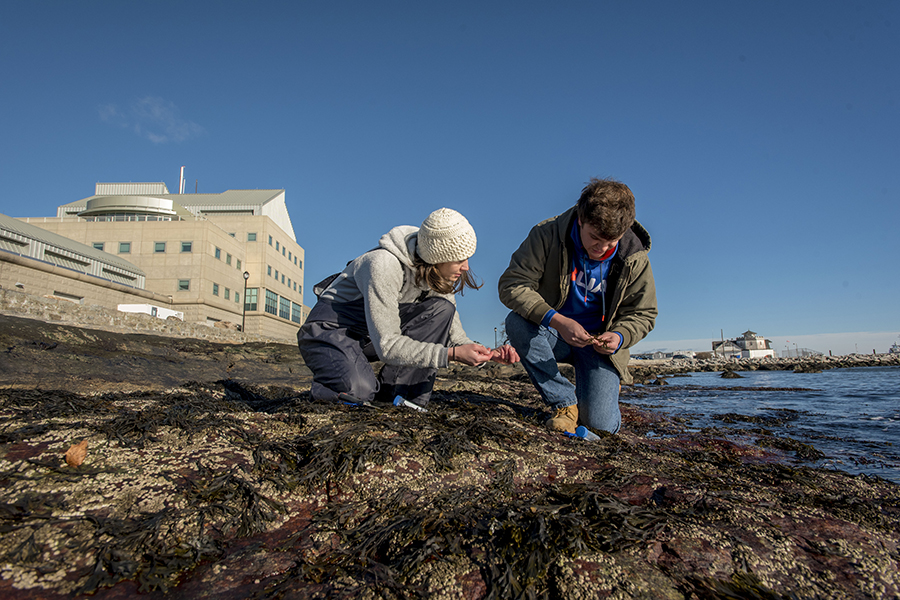About Us
Bridging Domains
Our members include social and ecological psychologists interested in how environmental embeddedness affects an individual's perception, action, and communication with others.
Guiding Framework
Organism-Environment Mutuality
The ecological perspective that underpins our approach rejects the dualistic notion of organism and environment as separable entities. We view organisms and their environments as a single, interconnected system. That is, organisms are embedded and unseparable parts of the particular econiche in which they live, and what an organism is and how it can act can only be understood within the context of an ever-present surround. This means that behavior is not just shaped by internal processes, but also by the surrounding context, and vice versa. Organisms and environments co-evolved together, and thus the fingerprints of the environment in which organisms evolved are evident in how organisms are structured and how they live. The reverse is equally evident: the organisms that are embedded in an econiche transform their immediate surround, and at a longer time scale, can dramatically change the future environment. Studying the mutual influence helps us understand how people adapt, respond, and act in real-world settings.

Direct Perception
Because humans co-evolved with their environments, they developed perceptual and motoric systems exquisitely tuned to the structural invariants in an environment that provide rich sources of information about what humans can do in a given surround. Psychological science has studied a great deal about inferential-based systems of knowing the world, but a rich understanding of what information directly and veridically can specify to humans what they need to know to function in a social world is substantially more neglected.
A core idea in ecological psychology is that perception is direct, not filtered through mental representations. In other words, organisms can perceive meaningful information in their environment without needing to interpret or translate it cognitively. This principle guides much of our research about how people navigate and respond to their environments.
Read about this:

Solo Action & Interpersonal Behavior
An ecologically grounded approach aims to understand the relations amongst the mechanisms by which individuals use information from their world to flexibly and adaptively engage in individual actions. Expanding to complex interpersonal behavior, investigation of a coherent social unit, or ‘we’, can provide new possibilities for that collective to act that were not possible to them as solo actors, while also diminishing some possibilities for solo action.
To that end, our lab investigates both individual behavior and social interactions. We study how people act on their own and how they coordinate, communicate, and respond to others in shared environments. This dual focus helps us understand the full spectrum of human behavior, from solitary movement to complex social exchanges.
